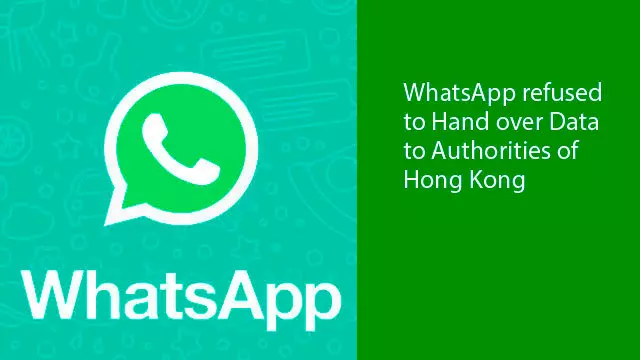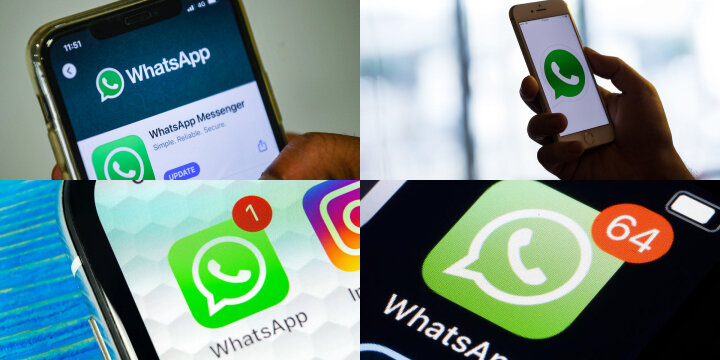
A proxy war has been initiated in Hong Kong for freedom of expression over the internet. Hong Kong government officially requested that WhatsApp provide them with user data for the time being. WhatsApp authorities made an announcement that will not hand over any personal data of their users.
What other tech giants and companies think about it?
WhatsApp was the pioneer in making a clear statement that they would not hand over any personal info and messages to the Hong Kong government or law enforcement agencies. Later many other companies like Facebook. Telegram, Twitter issued similar statements and said that they have paused information requests from honking authorities.
According to the Facebook spokesperson, we believe in freedom of speech and expression as a fundamental human right. He also said that they think that people should have the right to express themselves without being afraid for their safety. According to Soles person on Twitter, we are committed to protecting the information of the folks who are using our services. Apple messages and Facetime also use end-to-end encryption for security purposes. However, their clear stance is still missing, whether they follow a similar position or not against controversial China’s national security law.
All the companies mentioned above have a conflict with the Chinese government, which is good news for Hong Kong residents.
There is another side of the picture; if Facebook WhatsApp and other tech giants refuse to provide data, they can lose the Hong Kong market. These apps could be banned in Hong Kong. According to the spokesperson of the NGO of digital rights, china usually adopts this policy of proscribing the products and companies to listen to their demands.
This controversial law has initiated a new debate on digital rights and rights for freedom of expression.
The government in Hong Kong has sent an official request to WhatsApp asking that they give access to user data. However, WhatsApp stated it would not give any privacy details about users.
Such as move by WhatsApp has been a trigger for a rippled effect on other tech giants like Facebook to make statements issuing the respect and commitment to user privacy. Facebook, on the other hand, promoted its freedom of speech ideology, saying that no person should fear that they can’t express themselves without compromising their protection. Twitter echoed this sentiment, emphasizing its dedication to protecting user information.

Interestingly, Apple’s stance on the matter remains unclear, leaving a question mark regarding its position on China’s controversial national security law. All these companies find themselves at odds with the Chinese government, which is seen as a positive development for the residents of Hong Kong.
However, the decision to defy data requests may have its price. There is a fear that these Internet giants could face a ban in Hong Kong as China has a history of prescribing products and companies that conflict with its will. The prevalence of this situation has resurrected the question of digital rights and the right to free speech in the digital age when more internet surveillance is being undertaken.







